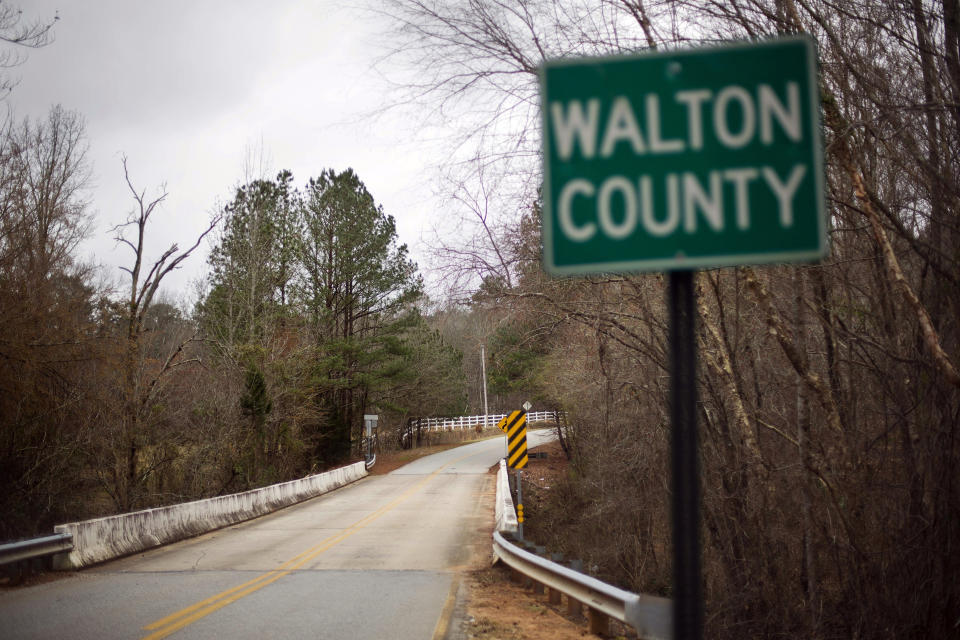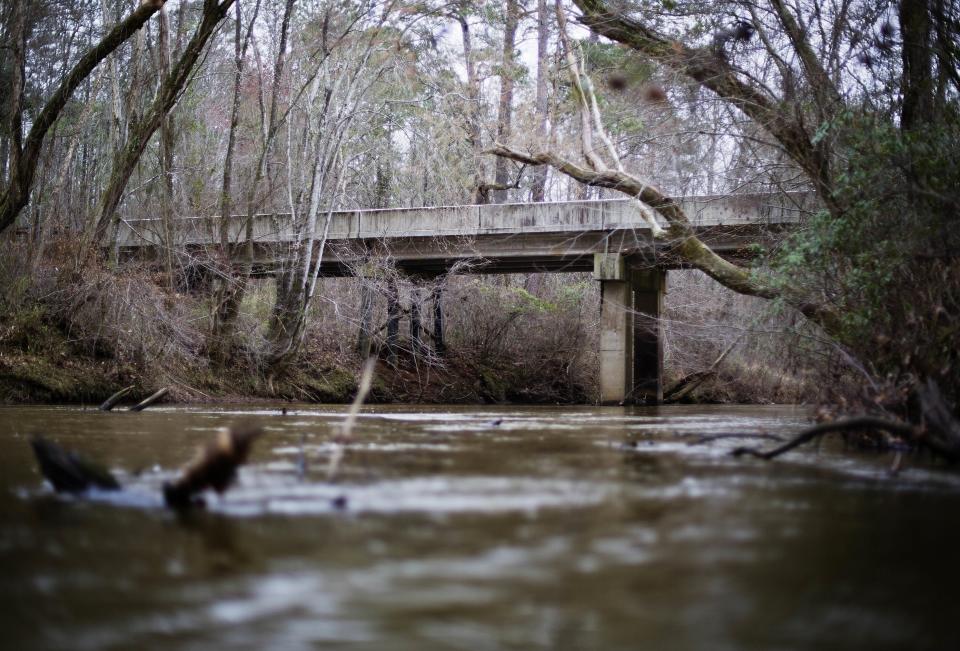The Latest: 1946 lynching puts focus on grand jury secrecy
ATLANTA (AP) — The Latest on a court battle over whether federal judges can order the unsealing of grand jury records that stems from a historian's quest for truth about a notorious lynching in Georgia (all times local):
11 a.m.
A U.S. appeals court is considering whether federal judges can order the unsealing of grand jury records in cases with historical significance.
The question stems from the lynching in July 1946 of two black couples at Moore's Ford Bridge in rural Georgia.
A federal judge in 2017 granted a request from historian Anthony Pitch to unseal the transcripts. But the government appealed, citing the secrecy of grand jury proceedings.
A three-judge panel of the 11th U.S. Circuit Court of Appeals affirmed the lower court ruling. But the court's judges voted to have the full court rehear the case, and oral arguments were held Tuesday.
The judges had tough question for both sides, making it difficult to guess how they'll rule. They also raised the possibility that a recently passed federal law could provide another way for the records to be released.
___
1 a.m.
A historian's quest for the truth about a gruesome mob lynching of two black couples decades ago is prompting a U.S. appeals court to consider whether federal judges can order grand jury records unsealed in cases with historical significance.
The lynching happened at Moore's Ford Bridge in July 1946. FBI agents identified dozens of possible suspects, but a federal grand jury failed to indict anyone.
A federal judge in 2017 granted a request from historian Anthony Pitch to unseal the transcripts. But the government appealed, citing the secrecy of grand jury proceedings.
A three-judge panel of the 11th U.S. Circuit Court of Appeals affirmed the lower court ruling. But the court's judges voted to have the full court rehear the case.
Oral arguments are set for Tuesday.

